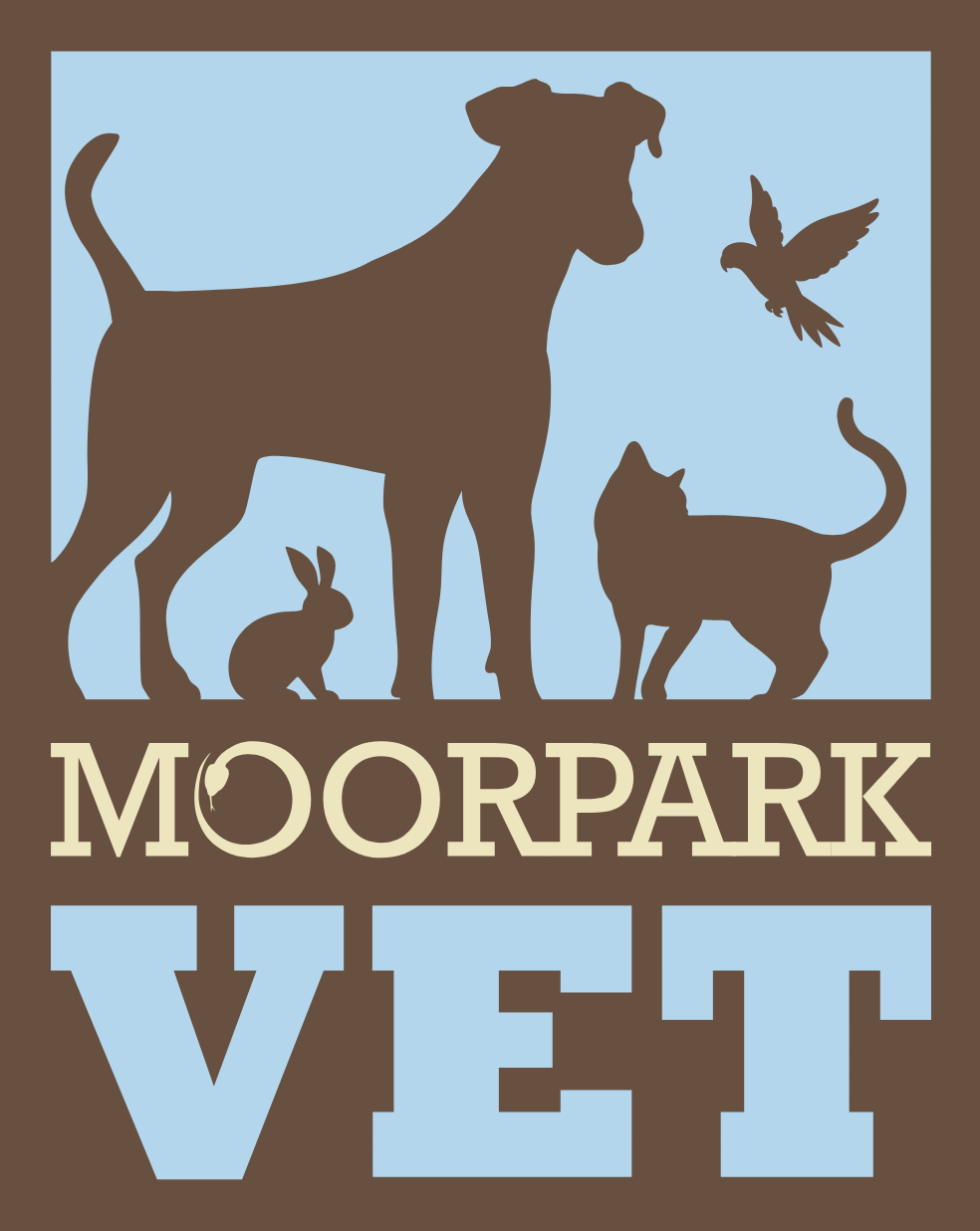As pets age, the requirements to keep them happy and healthy change. Special consideration should be made for a senior or geriatric pet’s diet, exercise, and veterinary care.
Proper diet and exercise for older pets can help keep them trim, healthy, and mobile. It is extremely important to select a diet that is designed for your pet’s life stage (Please note: There is no single diet that can effectively provide nutrition for all life stages). Senior diets are designed to provide the appropriate digestibility, nutrients, and ingredient levels. They also have different calorie levels to help your senior pet maintain the appropriate weight. Routine exercise can also help with weight management and maintaining mobility.
Senior pets may exhibit a variety of health related changes due to underlying illness such as joint, bone, heart, kidney, urinary tract, liver, or cancer-related disease. Senior pet exams should occur at least twice a year and are crucial to identify and treat illness early. Vaccinations and parasite prevention are particularly important for older pets since their immune system is not as healthy as those of younger animals. Dental care, blood testing, urine testing, and blood pressure readings are also important components to maintaining a happy and comfortable life for your senior pet.
Would you like to learn more about maintaining a healthy lifestyle for your senior pet? Join us at the hospital on Wednesday, March 15th from 6:30-8:00 pm for our Senior Pet Care Seminar. The event will help provide guidance about senior nutrition, exercise guidelines, pain management, and recognizing common conditions. Please RSVP by joining our event on Facebook, e-mailing mvhmail@moorparkvet.com, or calling the hospital at 805-529-7003.
